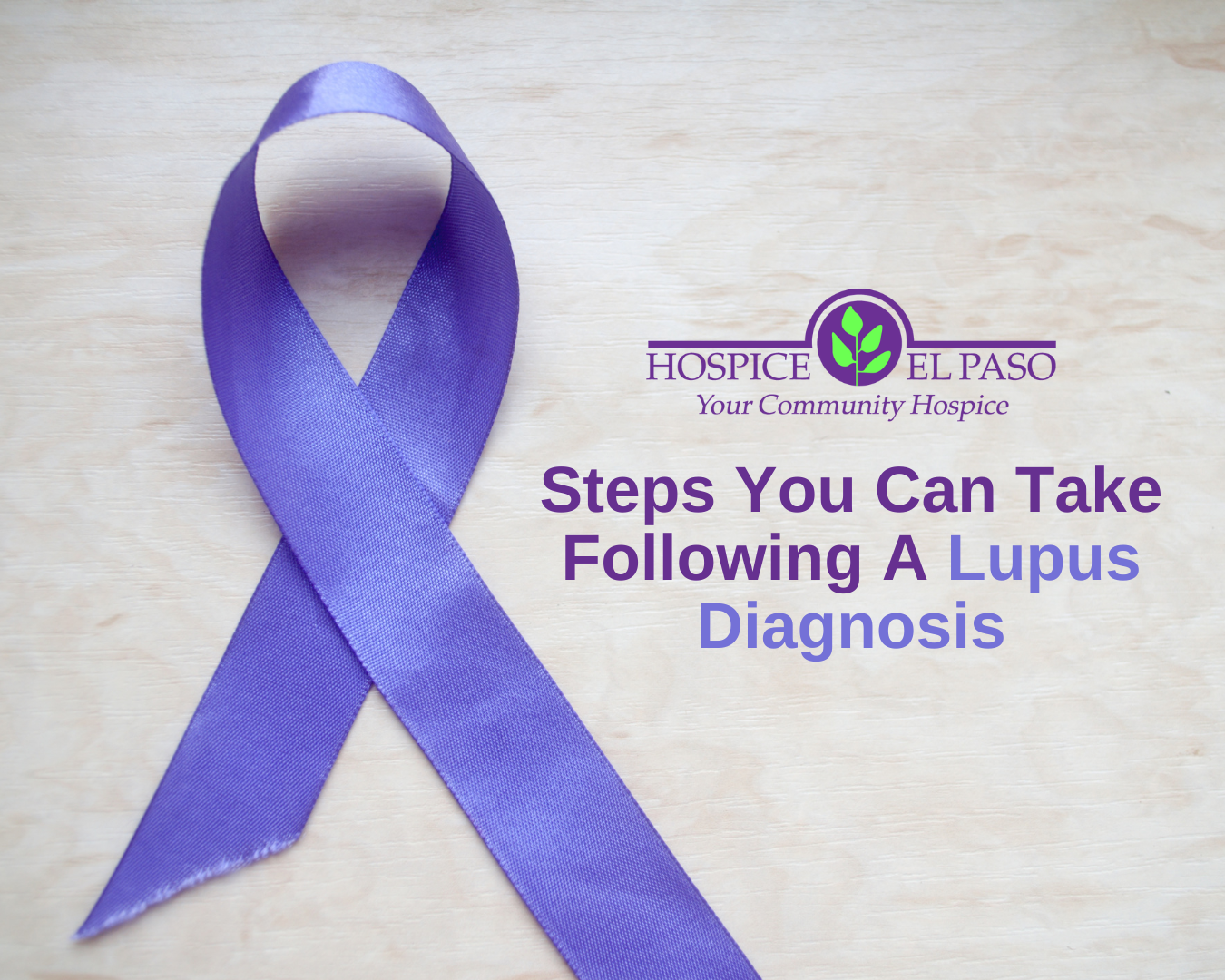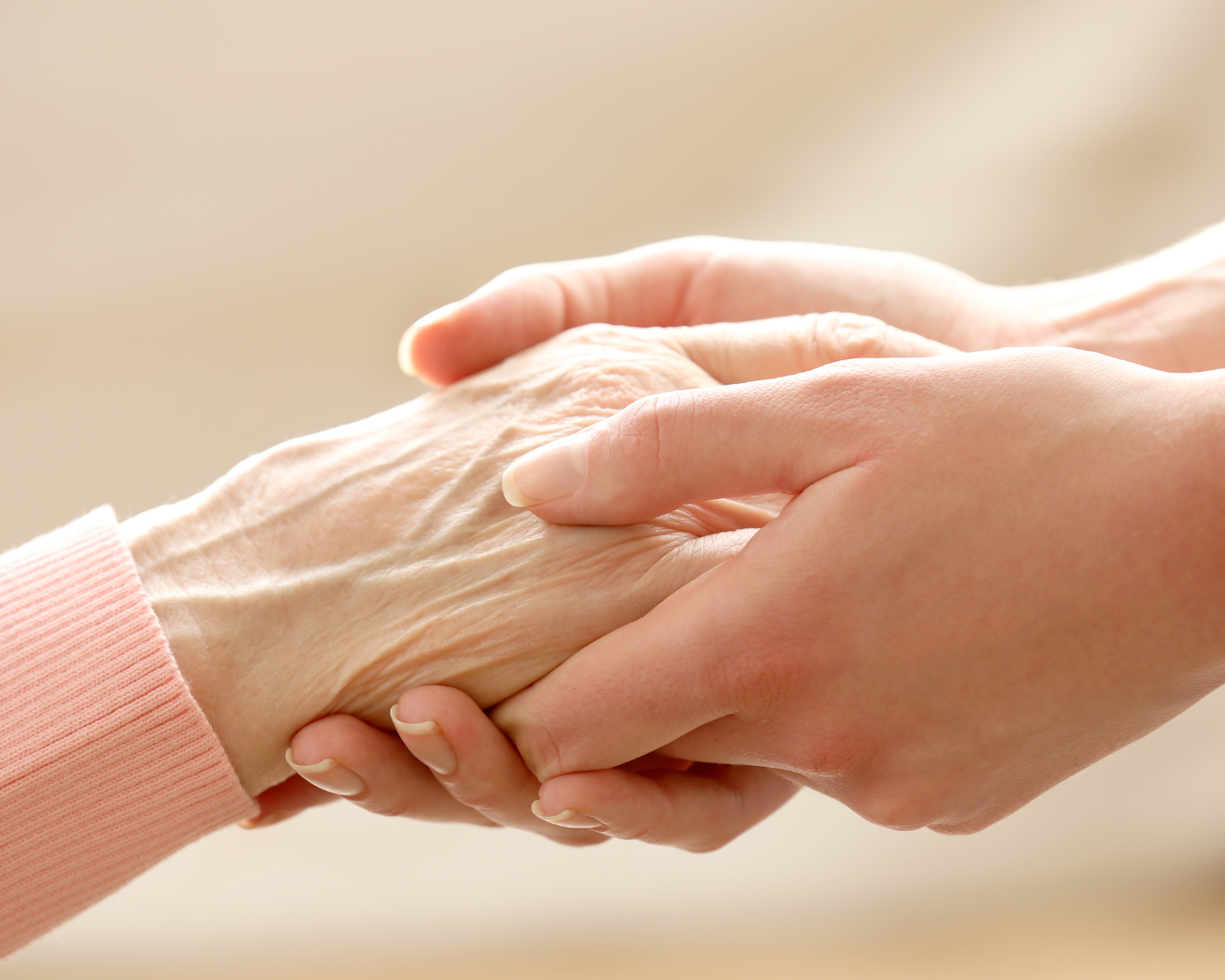Southwest Regional Hospice & Palliative Care Symposium
Caregiver Considerations To Ease Your Mother’s Day this May

As a hospice provider, we have had the privilege of witnessing the love and care that family members provide for their loved ones. Taking care of a parent can be a challenging and emotional journey, and with Mother's Day coming up, it's important to take a moment to celebrate the incredible bond between a mother and child. Here are seven ways to celebrate Mother's Day when caring for your mom.
- Share Memories: One of the best ways to celebrate Mother's Day is by sharing memories with your mom. You can spend time together talking about happy memories from the past or looking through old photo albums. Sharing memories is a wonderful way to connect with your mom and to show her how much you love and appreciate her.
- Make a Memory Book: Another way to celebrate Mother's Day is by creating a memory book with your mom. You can fill it with photos, mementos, and stories that capture your special moments together. This is a beautiful way to honor your relationship and to create a lasting reminder of the love you share.
- Handwrite a Letter: In this digital age, there's something incredibly special about receiving a handwritten letter. Take the time to write a heartfelt letter to your mom, expressing your love and gratitude for all that she has done for you. This is a beautiful way to show your mom just how much she means to you.
- Have a Picnic: A simple yet beautiful way to celebrate Mother's Day is by having a picnic with your mom. You can pack some of her favorite foods and find a beautiful spot in nature to enjoy them. This is a wonderful way to connect with your mom and to enjoy some quality time together.
- Enjoy Music Together: Music has the power to bring people together and to create beautiful memories. Spend some time with your mom listening to her favorite songs or playing music together. This is a beautiful way to celebrate your bond and to create some new memories together.
- Watch a Movie or Show: If your mom enjoys movies or shows, why not spend some time together watching her favorite ones? You can make some popcorn, snuggle up on the couch, and enjoy some quality time together. This is a great way to relax and to celebrate your special bond.
- Create Art: Finally, if your mom enjoys art, why not spend some time creating something beautiful together? You can paint, draw, or create something together, and this is a beautiful way to celebrate your bond and to create a lasting memory.
In conclusion, caring for a parent is a challenging yet rewarding journey, and Mother's Day is the perfect opportunity to celebrate the special bond between a mother and child. Whether you share memories, make a memory book, write a letter, have a picnic, enjoy music together, watch a movie or show, or create art, the most important thing is to spend quality time with your mom and to show her how much you love and appreciate her.
If you have a loved one who needs to enter hospice care, please don't hesitate to contact our team. We are here to provide support and comfort to both patients and their families during this difficult time.


OUR SERVICES
OUR ORGANIZATION
Hospice El Paso is a recognized 501(c)3 charitable organization
Hospice El Paso is a recognized 501(c)3 charitable organization |
Copyright © 1982-2023 Hospice El Paso, All Rights Reserved
Copyright © 1982-2023 Hospice El Paso, All Rights Reserved |








